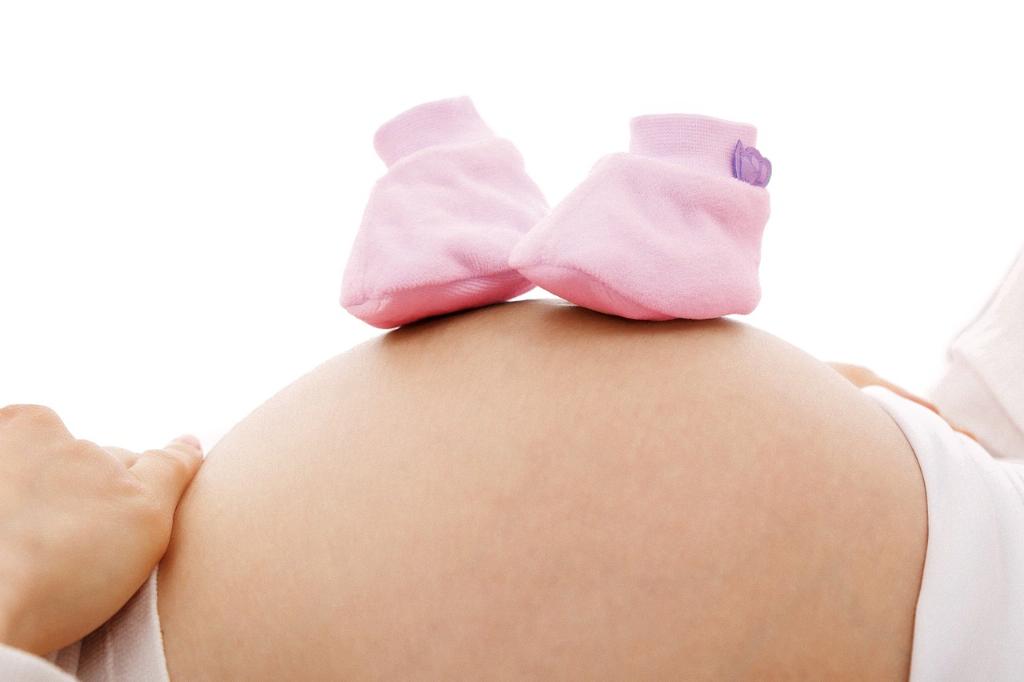One key aspect in determining the starting point of a pregnancy is understanding the typical duration of a pregnancy. It is widely accepted that a full-term pregnancy lasts approximately 280 days, which equates to 40 weeks. This timeline is calculated from the first day of the last normal menstrual period, with that day being considered as day 1 of the pregnancy.
Calculation Method
The commonly used method to calculate the start date of a pregnancy involves counting back 3 months from the first day of the last menstrual period and then adding 7 days. For example, if the last menstrual period was on March 1st, the estimated due date would be December 8th.
Tools for Calculation
For those who prefer a more accurate calculation, numerous online pregnancy calculators and smartphone apps are available to help determine the estimated start date of a pregnancy. These tools take into account the first day of the last period and provide a more precise estimation of the due date.
Ultrasound Examination
While menstrual cycle-based calculations are commonly used, health care providers often use ultrasound examinations to confirm and potentially adjust the estimated start date of a pregnancy. Ultrasounds can provide more accurate information about the gestational age of the fetus.
Importance of Knowing the Start Date
Knowing the start date of a pregnancy is crucial for prenatal care and monitoring. It helps healthcare providers track the progress of the pregnancy, schedule necessary tests and screenings, and ensure that both the mother and baby are healthy throughout the pregnancy.
Factors Affecting Pregnancy Dating
While the standard method of calculating pregnancy start dates is generally reliable, there are factors that can affect the accuracy of the estimation. Variations in menstrual cycle length, irregular periods, or underlying health conditions can all impact the calculation.
Discussing with Healthcare Provider
It is recommended that individuals discuss the calculation of their pregnancy start date with their healthcare provider. Health professionals can provide personalized guidance, address any concerns, and tailor the timeline to individual circumstances for a more accurate assessment.
Adjustments During Pregnancy
During the course of the pregnancy, healthcare providers may occasionally adjust the estimated due date based on additional information gathered from ultrasounds or physical examinations. These adjustments are made to ensure the most accurate timeline for delivery.
Impact on Maternity Leave Planning
Knowing the start date of a pregnancy is also essential for planning maternity leave. Understanding when the baby is expected to arrive helps individuals make arrangements at work, prepare for the delivery, and ensure a smooth transition into maternity leave.
Final Thoughts
Overall, determining the start date of a pregnancy involves calculating from the first day of the last menstrual period and adjusting for individual factors. Utilizing tools like pregnancy calculators and consulting with healthcare providers can help ensure an accurate estimation of the due date and proper prenatal care throughout the pregnancy.

